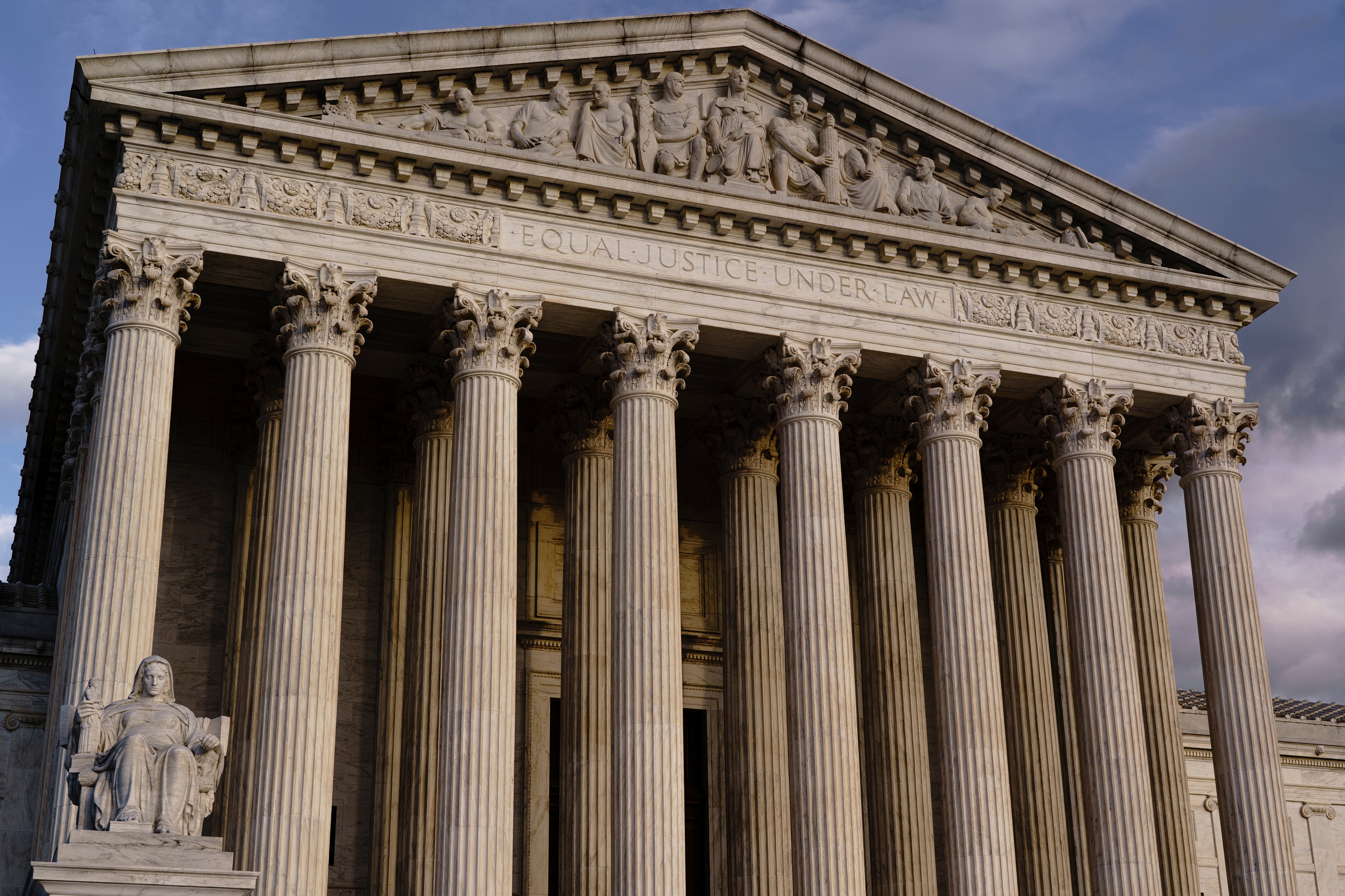Court seems reluctant to sweep Puerto Rico into SSI program
The Supreme Court appears reluctant to rule for a resident of Puerto Rico who claims it’s unconstitutional to be excluded from a welfare program that’s available in all 50 states and the District of Columbia

The Supreme Court appeared reluctant Tuesday to rule for a resident of Puerto Rico who claims it's unconstitutional to be excluded from a welfare program that's available in all 50 states and the District of Columbia
The justices acknowledged that the differential treatment of Puerto Ricans might be problematic, but several suggested that it is up to Congress not the courts, to act.
Justice Brett Kavanaugh said there are “compelling policy arguments” for including Puerto Rico in the Supplemental Security Income program, which provides benefits to older, disabled and blind Americans But Kavanaugh said the court had to confront a provision of the Constitution that allows Congress to treat territories and states differently. The Caribbean island has been a U.S. territory since the Spanish American War in 1898.
Jose Luis Vaello-Madero, the Puerto Rico resident at the center of the case, began receiving SSI payments after he suffered a series of strokes while living in New York.
The payments continued to his bank account in New York even after he moved back to Puerto Rico. When he notified the Social Security Administration, the payments stopped and then the government sued to recover more than $28,000 it said he was not entitled to.
Lower courts sided with Vaello-Madero, ruling that the exclusion of Puerto Rico from the SSI program is unconstitutional. In a similar case in Guam, a federal judge ruled recently that residents of that Pacific island also should be able to collect SSI.
Justice Sonia Sotomayor, whose parents were born in Puerto Rico, was the clearest voice in favor of Vaello-Madero. Sotomayor said it seems irrational to treat poor Americans differently based on where they live.
“Needy is needy, whether in Puerto Rico or on the mainland,” Sotomayor said.
The Justice Department first filed its appeal of a ruling by the 1st U.S. Circuit Court of Appeals during the Trump administration, but maintained the case even after President Joe Biden took office.
The Biden administration has said it supports changing the law to extend SSI payments to Puerto Rico. The proposed Build Back Better bill in the House of Representatives would make residents of U.S. territories eligible for SSI payments.
Justice Department lawyer Curtis Gannon said that a pair of 40-year-old Supreme Court decisions already upheld the federal law that created SSI and excluded Puerto Rico and other U.S. territories from it. Congress later added in the Mariana Islands.
Herman Ferre, representing Vaello-Madero, said a series of court decisions dating back to 1901 known as the Insular Cases has left Puerto Rico without “a full seat at the table.”
Residents of the island have no vote for president or representation in Congress. They also do not pay federal income tax.
Justice Neil Gorsuch said the high court should formally renounce the Insular Cases, which included racist and xenophobic rhetoric about Puerto Ricans. “Why shouldn't we just admit the Insular Cases were incorrectly decided?” Gorsuch asked.
Another case pending in the 1st Circuit could extend other federal welfare benefits to Puerto Rico as well.
A separate program, Aid to the Aged, Blind and Disabled, covers residents of the territories, but it has more stringent eligibility requirements and pays less generous benefits than SSI.
Bookmark popover
Removed from bookmarks